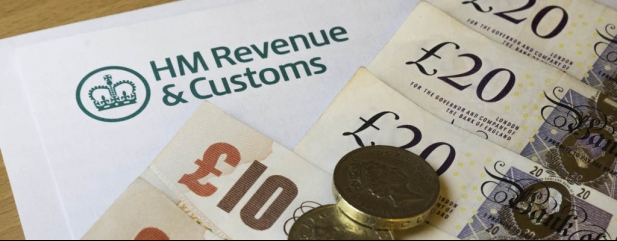Archived article
Please note that tax, investment, pension and ISA rules can change and the information and any views contained in this article may now be inaccurate.
How is ‘pension recycling’ defined?

I retired five years ago, fully crystallising my SIPP by taking the 25% cash lump sum and putting the remaining 75% into flexi-access drawdown.
For the last five years I have been working part-time and contributing below the £4,000 per tax year limit into the company pension scheme.
Now I have fully retired I wish to continue paying into my SIPP up to the £3,600 per tax year maximum.
However, would this continued contribution be classed by HMRC as ‘pension recycling’?
John
Tom Selby, AJ Bell Senior Analyst says:
HMRC has rules in place designed to prevent people manipulating the system to get extra tax relief. As you say, this concept is referred to by the taxman as ‘recycling’ and applies specifically to your use of the 25% tax-free lump sum entitlement.
It’s probably easiest to show you how recycling might work with an example. Let’s assume someone is 60 years old and has a SIPP valued at £40,000. They take out their maximum tax-free sum (£10,000) but rather than spending it, invest it straight back into another SIPP with a different provider.
As a result, they get basic-rate tax relief on the ‘new’ contribution (immediately boosting the value of the contribution by £2,500 to £12,500) and can then access 25% of that money (£3,125) tax-free as well.
Specific rules
Clearly such behaviour would present a significant risk to the Treasury – which is why HMRC has specific rules in place designed to prevent excessive recycling. Anyone who breaks these rules risks being hit with a 55% unauthorised payment charge.
HMRC will consider recycling to potentially breach its rules where the tax-free sum (or sums) received over a 12-month period are worth more than £7,500.
The rules kick in where the payment of a tax-free lump sum has resulted in a 30% or more increase in contributions to your pension compared to what might normally have been expected.
While this might sound a bit vague, it’s actually a specific condition – HMRC looks at contributions paid in the rest of the tax year after you took your tax-free cash plus up to two more years afterwards. This is then compared with the contributions made during a similar period before tax-free cash was taken.
You can’t get round this by paying into different pension schemes as HMRC will look at all of your contributions when making its assessment.
Equally, HMRC will penalise you for recycling if you borrow money to pay contributions or pay into your pension out of savings and then use the tax-free lump sum to pay off the loan or top up savings.
Based on the information you have provided it seems unlikely you would fall foul of HMRC’s rules as you have not used your tax-free lump sum to boost your annual contributions (in fact you have reduced them since retiring). Indeed, HMRC itself notes that ‘very few’ lump sum payments will be affected by its recycling rules.
DO YOU HAVE A QUESTION ON RETIREMENT ISSUES?
Send an email to editorial@sharesmagazine.co.uk with the words ‘Retirement question’ in the subject line. We’ll do our best to respond in a future edition of Shares.
Please note, we only provide information and we do not provide financial advice. If you’re unsure please consult a suitably qualified financial adviser. We cannot comment on individual investment portfolios.
Important information:
These articles are provided by Shares magazine which is published by AJ Bell Media, a part of AJ Bell. Shares is not written by AJ Bell.
Shares is provided for your general information and use and is not a personal recommendation to invest. It is not intended to be relied upon by you in making or not making any investment decisions. The investments referred to in these articles will not be suitable for all investors. If in doubt please seek appropriate independent financial advice.
Investors acting on the information in these articles do so at their own risk and AJ Bell Media and its staff do not accept liability for losses suffered by investors as a result of their investment decisions.

 magazine
magazine








